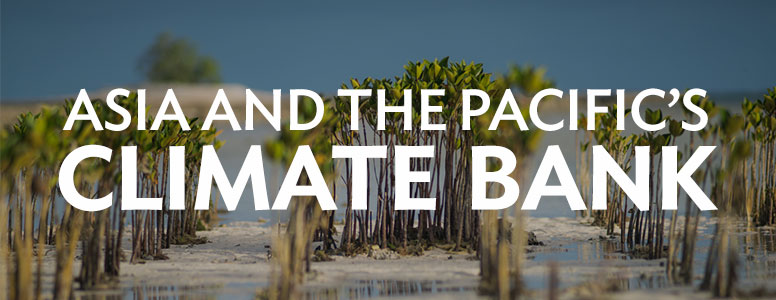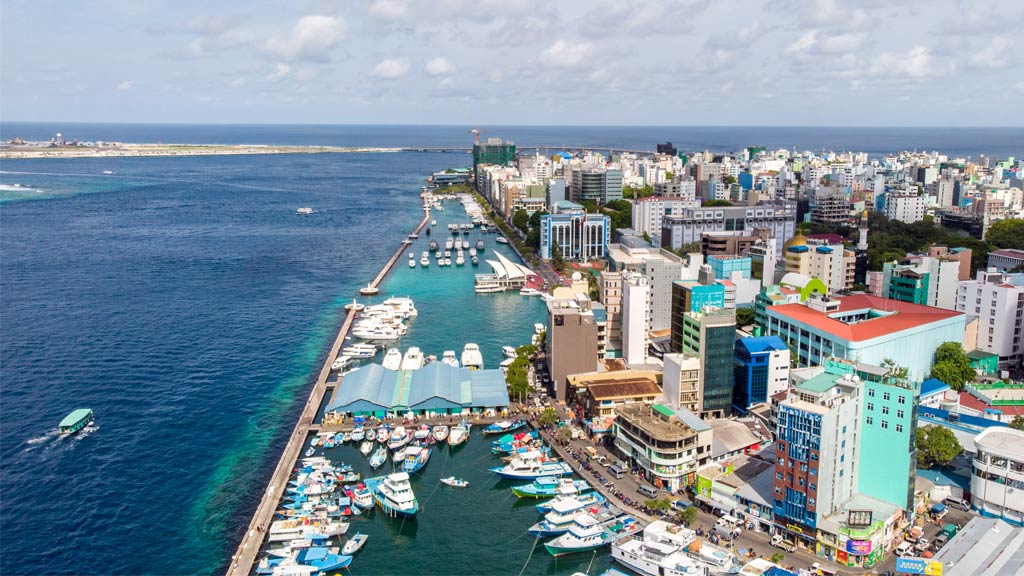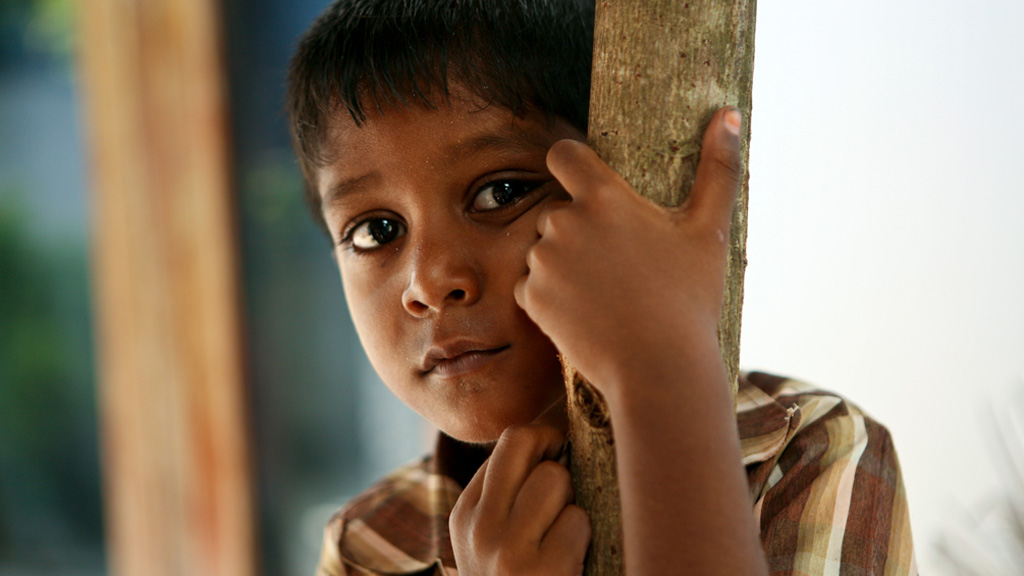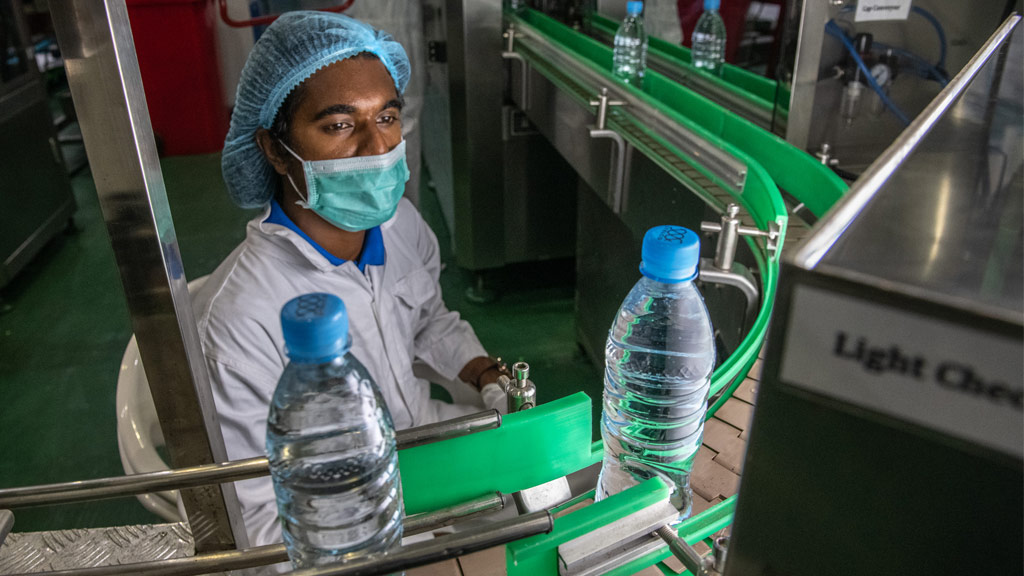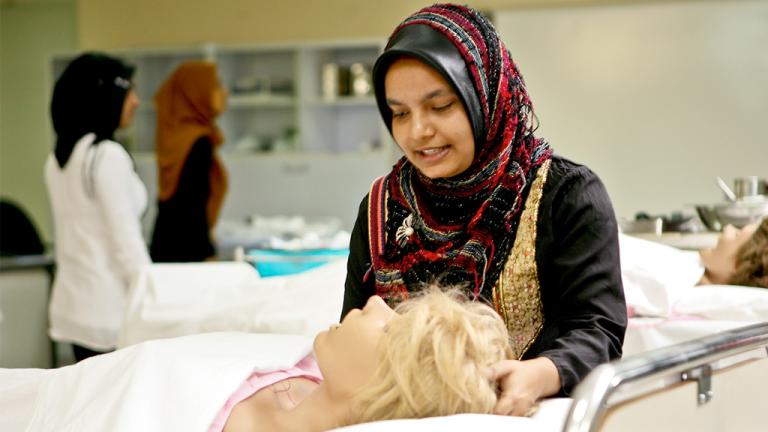Maldives and ADB
ADB is helping Maldives transition to net zero emissions, strengthen its health system, and support the country’s Sustainable Development Goals.
- Jump to:
- Fact Sheet
- Data
- ADB Projects
- What's New
- Contacts
In the Spotlight
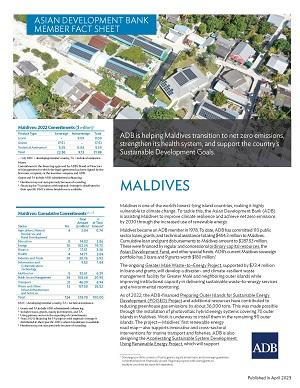
Asian Development Bank and the Maldives: Fact Sheet
ADB is assisting Maldives to improve climate resilience and achieve net zero emissions by 2030 through the increased use of renewable energy.
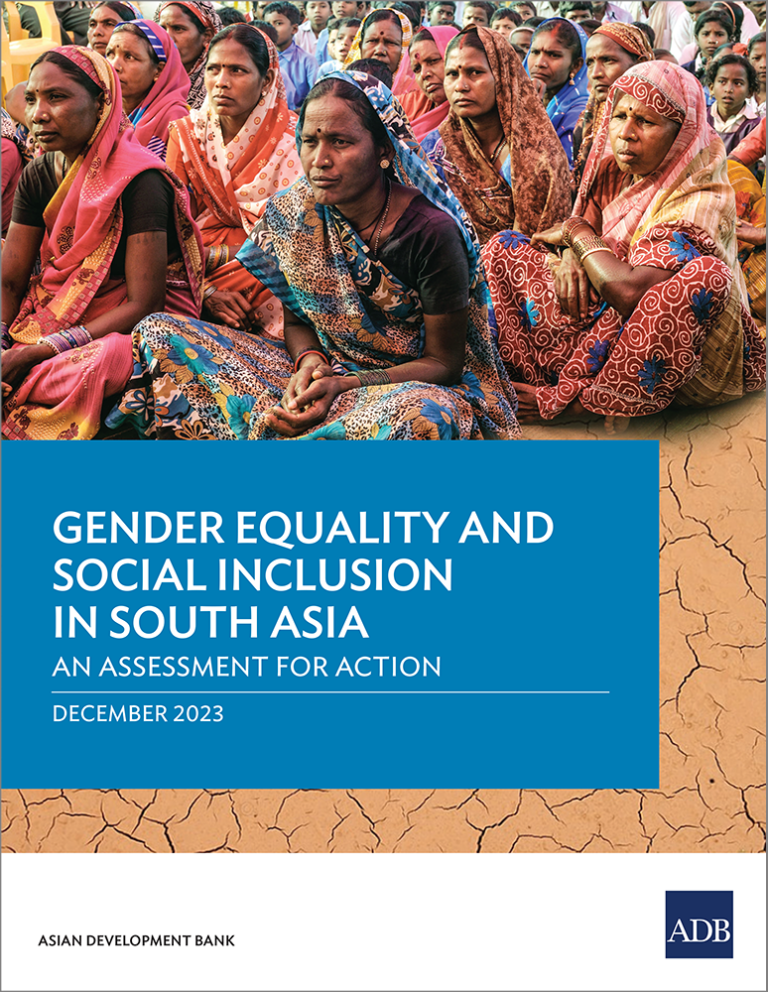
Gender Equality and Social Inclusion in South Asia: An Assessment for Action
ADB's South Asia Department (SARD) conducted a study to assess the status and responses to the needs of disadvantaged groups in its member countries and identify entry points for greater gender equality and social inclusion impacts in its operations.
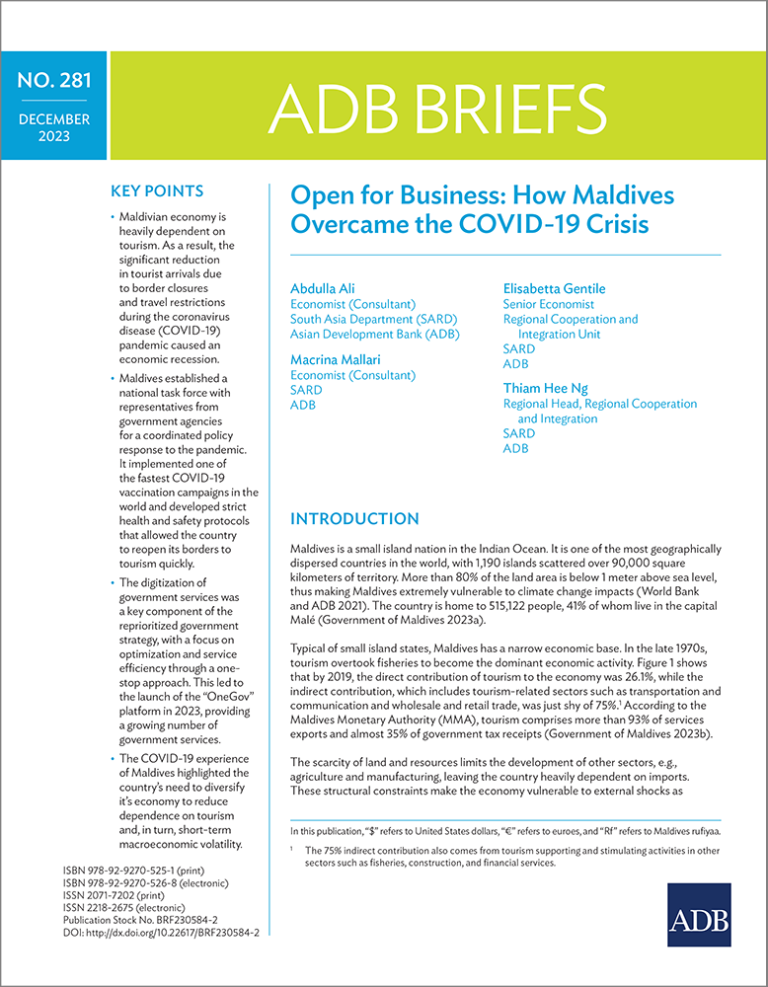
Open for Business: How Maldives Overcame the COVID-19 Crisis
The pandemic’s devastating impact on tourism-dependent Maldives highlighted the need to diversify its economy to reduce macroeconomic instability and insulate it against future shocks.
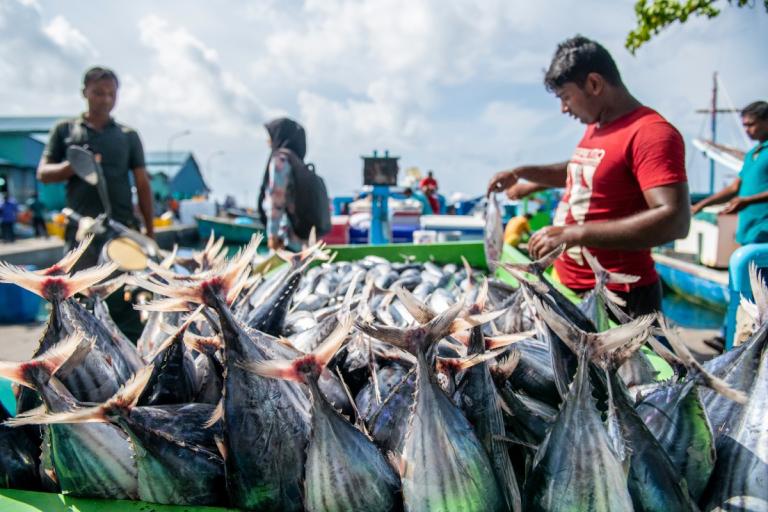
Beyond Tourism: Diversifying The Maldivian Economy for A Sustainable Future
The pandemic, which devastated the tourism industry worldwide, illustrated the importance of Maldives diversifying its economy to sectors other than tourism and travel.
Maldives Facts
ADB's Work in Maldives
Maldives is one of the world’s lowest-lying island countries, making it highly vulnerable to climate change. To tackle this, ADB is assisting Maldives to improve climate resilience and achieve net zero emissions by 2030 through the increased use of renewable energy.
Maldives became an ADB member in 1978. To date, ADB has committed 110 public sector loans, grants, and technical assistance totaling $454.3 million to Maldives.
Data: Maldives
ADB Projects in Maldives View all projects
What's New
-
| Publications, Brochures and Flyers
Asian Development Bank and the Maldives: Fact Sheet
-
| News Releases, News from Country Offices
ADB, Maldives Sign Agreements to Expand Renewable Energy Access
-
| Publications, Guides
Gender Equality and Social Inclusion in South Asia: An Assessment for Action
-
| Publications, Papers and Briefs
Open for Business: How Maldives Overcame the COVID-19 Crisis
-
| News Releases, News Release
ADB Announces More Concessional Lending Terms for Small Island Developing States
-
| News Releases, News from Country Offices
ADB Approves Support to Expand Renewable Energy in Maldives
-
| News Releases, News from Country Offices
ADB Provides Support for Fiscal Reforms in Maldives
-
| Publications, Guides
Framework for Integrating Gender Equality and Social Inclusion in the Asian Development Bank’s South Asia Operations
Contact: South Asia Department (SARD)
6 ADB Avenue, Mandaluyong City, 1550 Metro Manila, Philippines
Office Hours: 8:30 a.m. to 5:30 p.m. (Monday to Friday)
ADB does not have a resident mission in Maldives. ADB South Asia Department (SARD) is responsible for the country coordination for Maldives.

